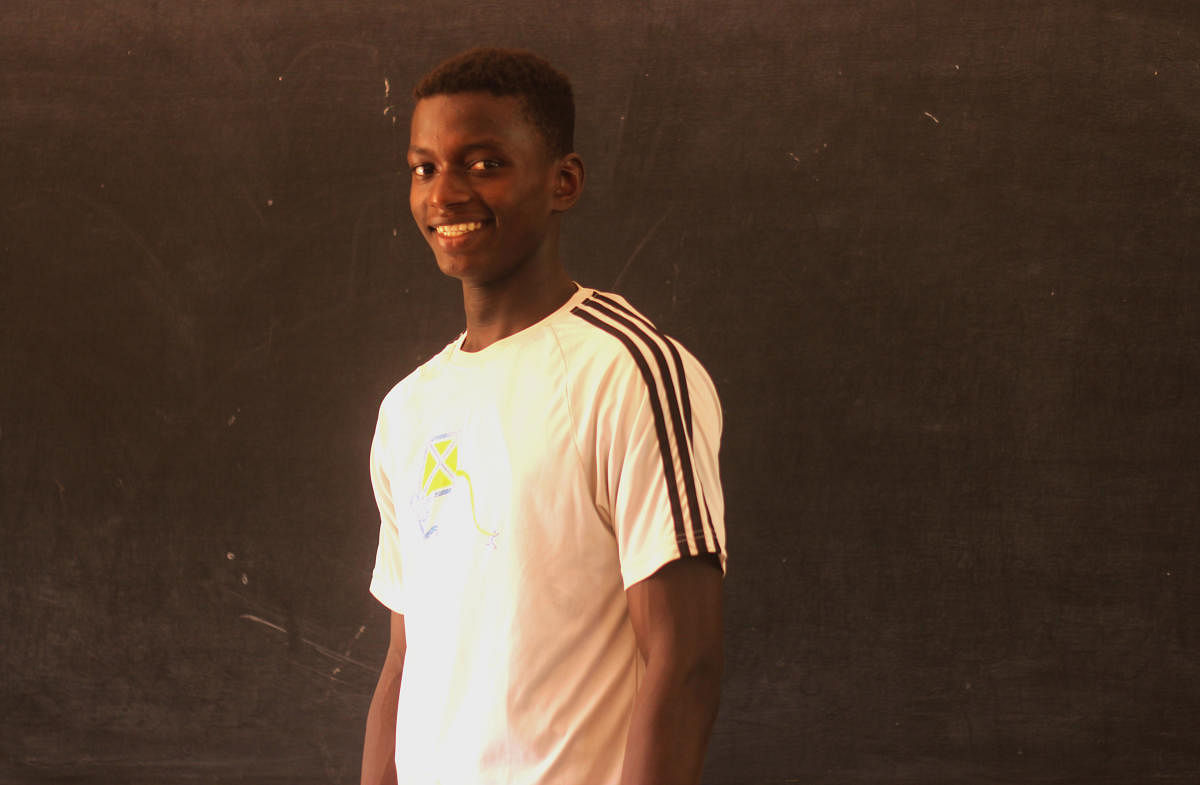
A young athlete making waves on the Indian sprinting scene is slowly bringing back the focus on the Siddi community in Karnataka, who are descendants of African slaves brought to the country four centuries ago.
Ravikiran Siddi (17) is tall, lean and spare, with quintessential dark African features capped by a mantle of closely-cropped curly hair. Barring his fluency in Kannada, he could be mistaken for a foreigner and frequently is, he said, during a telephone conversation with DH.
He added shyly that he can run the 100 metres dash in 10.4 seconds, and for comparison brought up the retired Jamaican super sprinter Usain Bolt who, at the age of 15, set a new 200-metre world record of 20.61 seconds in 2003. “Within four years, I think I can break Bolt’s current 200-metre record of 19.9 seconds,” he said.
For Ravikiran’s coach Rizwan Bendigeri, this is no idle boast. “Ravikiran’s best time on the 200-metre circuit is currently 23 seconds. But where Usain Bolt had over 10 years of training to hone his fastest time, Ravikiran has been running for two years — much of that time spent without a coach or equipment,” he said.
For many observers, Ravikiran’s rise is emblematic of his genetic background. In 2011, a study published in the American Journal of Human Genetics confirmed what many suspected about Siddis — that they shared an African ancestry. In 1988, this genetic antecedent had attracted the attention of the Indian government, which launched the Special Area Games Programme to unearth hidden talent among backward communities.
“We were interested in the Siddi tribe because we thought their genetic profile made them suitable for running,” said B V P Rao, founder of the programme.
For Mark Pinto, a Goa-based anthropologist who has carried out extensive studies on the community, however, this sort of sentiment is precisely what led to the eventual scrapping of the games programme, which cut short the careers of many Siddi athletes.
“The government believed that anyone with African genes would automatically be good at running — which was a patriarchal approach. They recruited some 40 Siddis, but then gave them virtually no support,” he said.
He added that the genetic ambiguity of the community in Karnataka makes it hard to pigeonhole all Siddis as bona fide athletes.
“Nearly 70% of the Siddi community have East African ancestry. East Africans are noted marathon runners; it is West Africans who are the sprinters. But here in Karnataka, we are seeing Siddis who are East Africans by genetics, but who are nevertheless sprinters. This shows that genes alone cannot account for the athletic abilities of Siddi runners like Ravikiran,” he said.
For Nitesh Chiniwar, whose Bengaluru-based NGO, Bridges of Sports, supports over 300 budding Siddi child athletes, including 15 teens whom Chiniwar believes will one day bring Olympic glory to India, the real secret behind the ability of Siddi runners is their desire to be world-class athletes — which India has been largely unable to tap because of a lack of governmental support.
“These children, most of whom have been living in poverty and obscurity, with no training or sports gear, have been racking up ‘fast-times’ almost on a par with district or state level. Without support, most abandon athletics to become labourers or coolies. If they are given support and education, they can be propelled onto the international stage,” Chiniwar said.